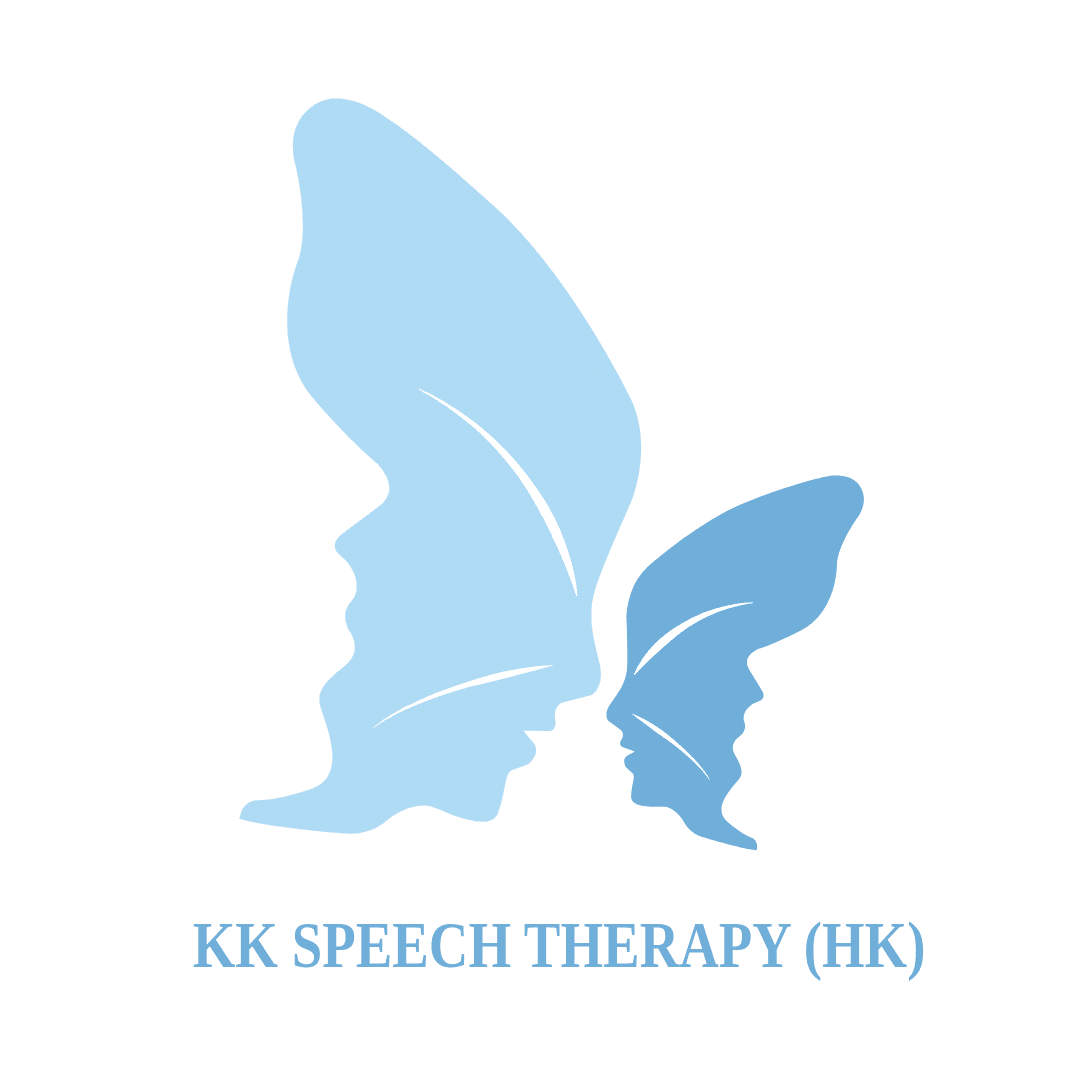Why is Speech Therapy Necessary After a Stroke?
A stroke may impair brain regions responsible for language processing, resulting in deficits in expressive and receptive communication. These impairments can manifest as reduced verbal expression, dysarthria (speech articulation difficulties), or challenges in comprehending spoken language. Such communication barriers significantly impact a stroke patient’s quality of life and social functioning, potentially leading to frustration or social isolation. Through specialized speech therapy, patients can progressively regain language abilities, enhance functional communication, and rebuild confidence.
Common Post- Stroke Sequelae
Aphasia: Impaired ability to express thoughts verbally or comprehend spoken/written language.
Dysarthria: Slurred or unclear speech due to reduced coordination of oral, lingual, or pharyngeal muscles.
Apraxia of Speech: Difficulty articulating or producing speech caused by impaired planning and coordination of speech muscles.
Abnormal Speech Rate or Prosody: Speech may be excessively fast, slow, or monotonous, with unnatural intonation.
Cognitive-Linguistic Deficits: Communication challenges stemming from impairments in memory, attention, or problem-solving abilities.
Dysphagia: Difficulty swallowing due to neurological damage affecting swallowing mechanisms, impacting safe eating or drinking. For more details, visit: Dysphagia Treatment.
Speech therapy methods following a stroke include:
- Articulation Training: Enhancing the accuracy and clarity of speech production to improve verbal expression in stroke patients.
- Language Training: Facilitating recovery or improvement of language comprehension and expression abilities.
- Oral Motor Training: Utilizing targeted exercises to strengthen oral musculature, thereby improving speech clarity.
- Cognitive-Linguistic Training: Implementing exercises focused on memory and attention to enhance communication capabilities.
- Visual Assistive Tools: Employing picture cards, applications, or other aids to support daily and functional communication.
- Social Communication Enhancement: Developing non-verbal communication skills, such as body language and facial expressions, to improve interpersonal interactions.
Why choose KK Speech Therapy (HK)?
- Trilingual Therapy Services: Our speech therapists are all bilingual and are able to deliver therapy fluently in Cantonese, Mandarin, and English to meet the needs of diverse linguistic backgrounds with utmost professionalism.
- Experienced and Trusted Speech Therapy Team: Our team has extensive expertise, successfully supporting numerous adults in improving language and swallowing abilities.
- Personalized Treatment Plans: We design tailored intervention strategies based on each client’s unique needs and circumstances.
- Ongoing Progress Monitoring and Adjustments: We regularly assess treatment outcomes and adapt strategies to ensure therapeutic goals are met.
- Supportive Family Program: We empower family members to become the most effective supporters of stroke patients.
